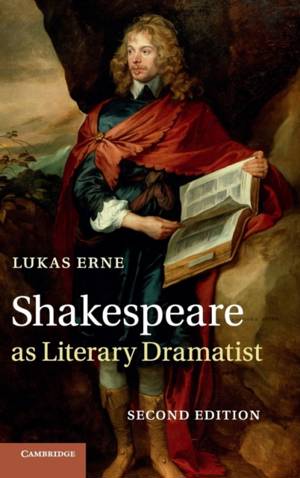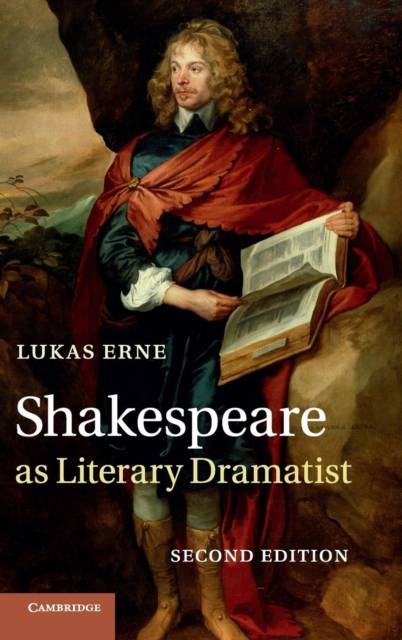
- Afhalen na 1 uur in een winkel met voorraad
- Gratis thuislevering in België vanaf € 30
- Ruim aanbod met 7 miljoen producten
- Afhalen na 1 uur in een winkel met voorraad
- Gratis thuislevering in België vanaf € 30
- Ruim aanbod met 7 miljoen producten
Zoeken
Omschrijving
Now in a new edition, Lukas Erne's groundbreaking study argues that Shakespeare, apart from being a playwright who wrote theatrical texts for the stage, was also a literary dramatist who produced reading texts for the page. Examining the evidence from early published playbooks, Erne argues that Shakespeare wrote many of his plays with a readership in mind and that these "literary" texts would have been abridged for the stage because they were too long for performance. The variant early texts of Romeo and Juliet, Henry V, and Hamlet are shown to reveal important insights into the different media for which Shakespeare designed his plays. This revised and updated edition includes a new and substantial preface that reviews and intervenes in the controversy the study has triggered and lists reviews, articles, and books which respond to or build on the first edition.
Specificaties
Betrokkenen
- Auteur(s):
- Uitgeverij:
Inhoud
- Aantal bladzijden:
- 326
- Taal:
- Engels
Eigenschappen
- Productcode (EAN):
- 9781107029651
- Verschijningsdatum:
- 10/06/2013
- Uitvoering:
- Hardcover
- Formaat:
- Genaaid
- Afmetingen:
- 152 mm x 231 mm
- Gewicht:
- 589 g

Alleen bij Standaard Boekhandel
+ 345 punten op je klantenkaart van Standaard Boekhandel
Beoordelingen
We publiceren alleen reviews die voldoen aan de voorwaarden voor reviews. Bekijk onze voorwaarden voor reviews.











